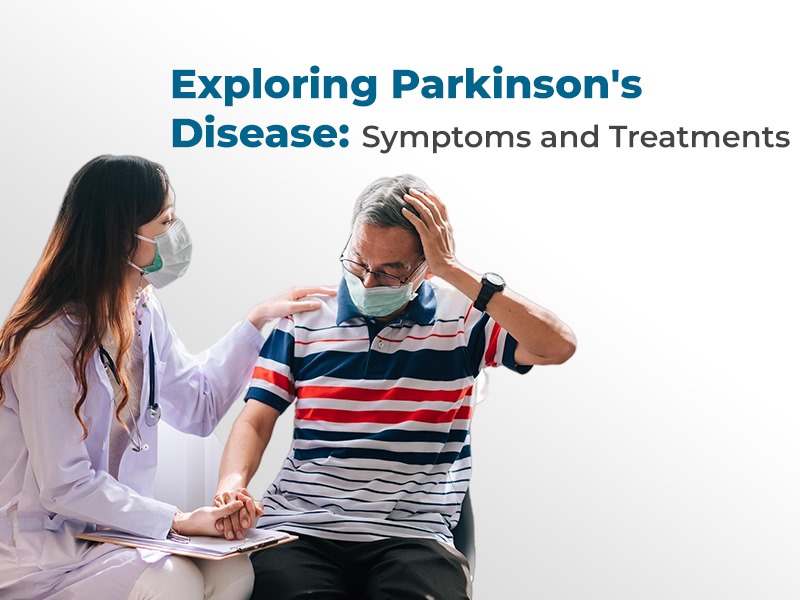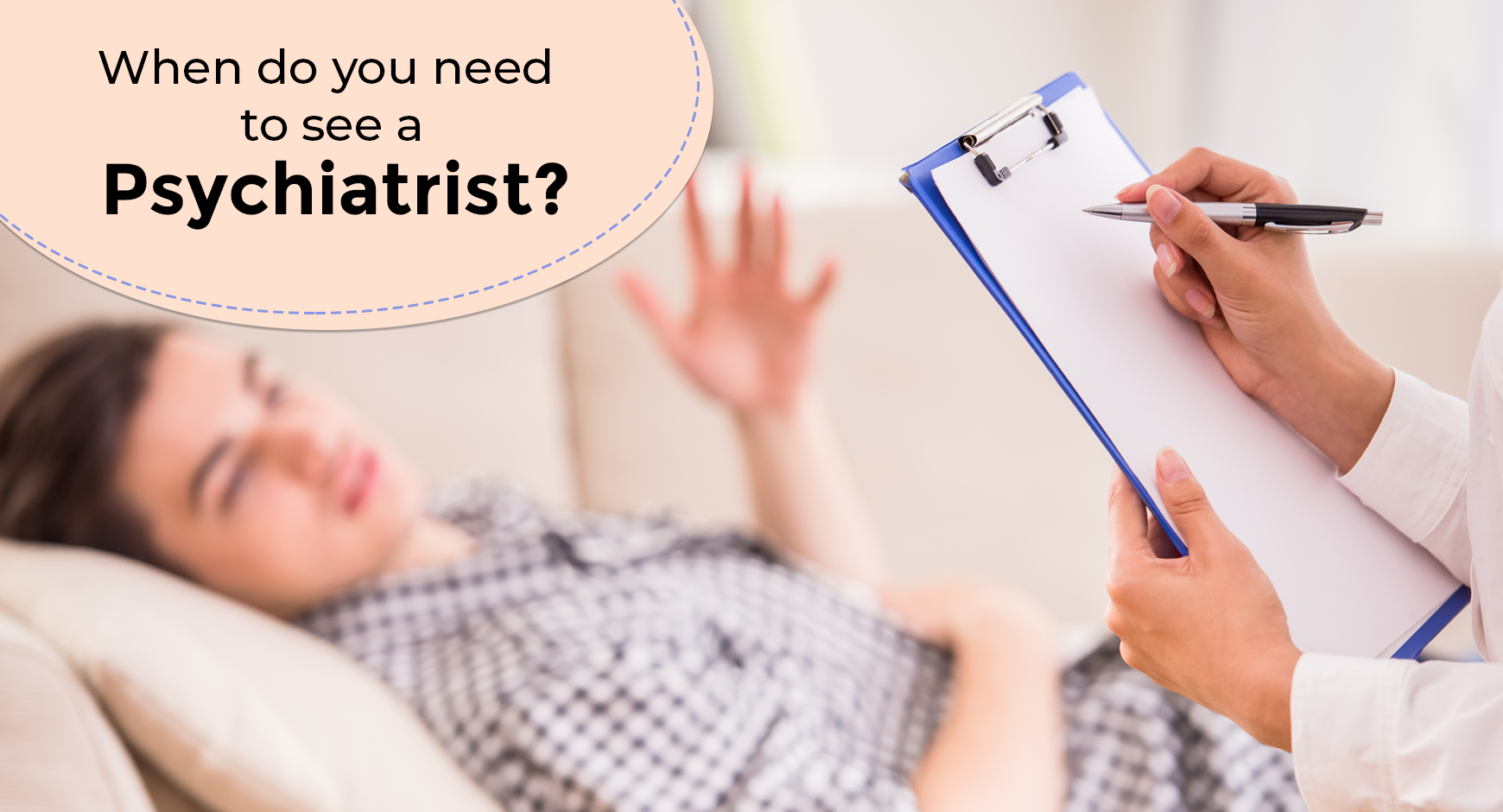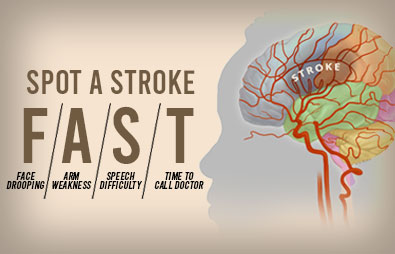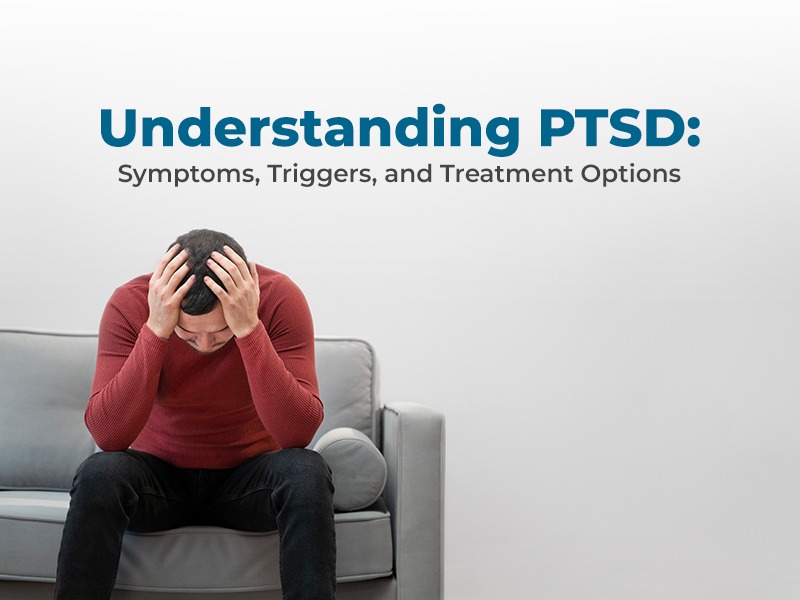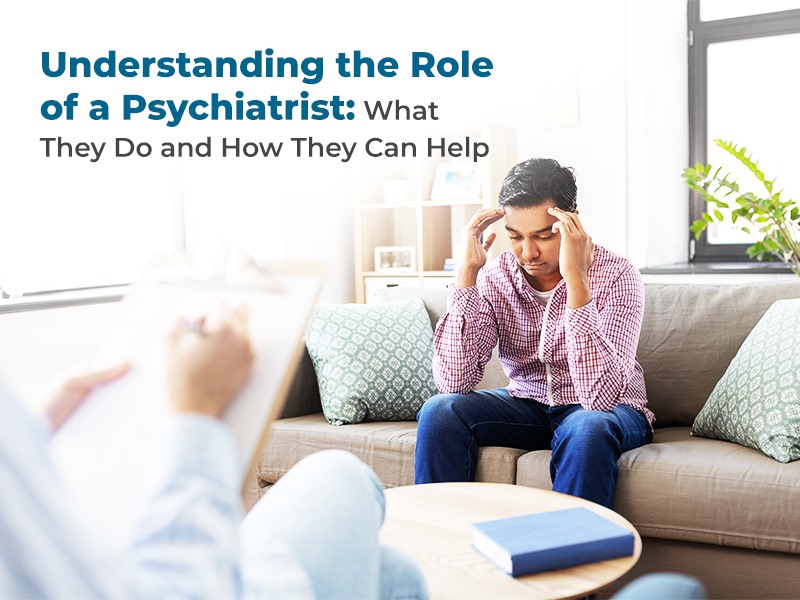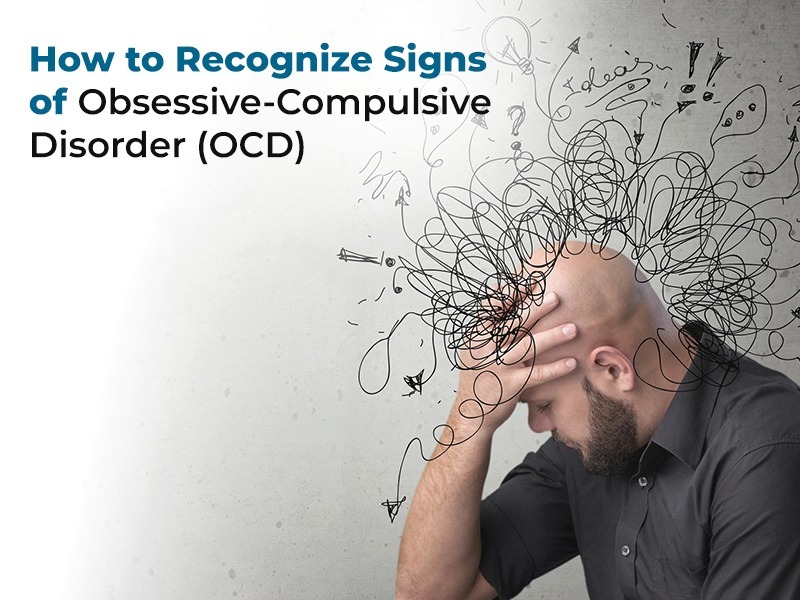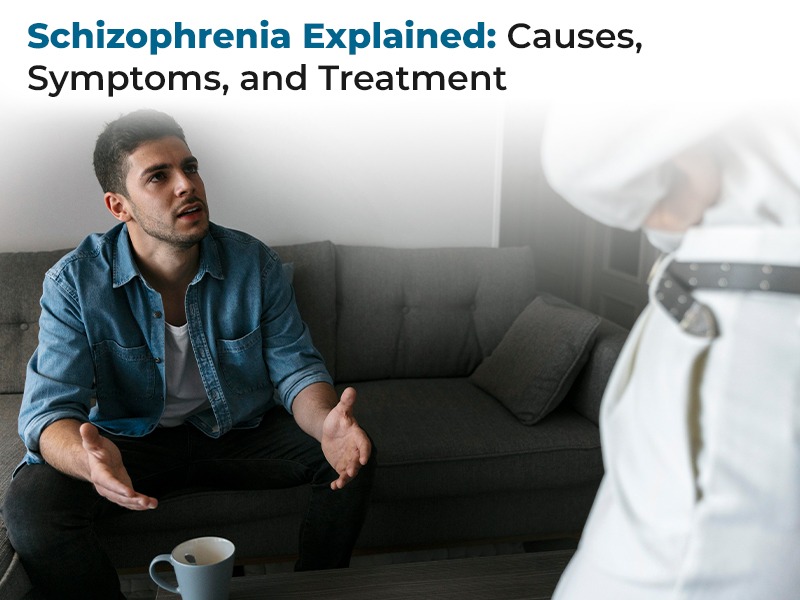Introduction
The brain proves to be the cornerstone of human function, controlling every aspect of our movement, cognition, emotions, and senses. The brain plays a critical role in controlling and regulating essential bodily functions but is vulnerable to a variety of impairments and several medical conditions as well. One of the common neurological conditions is Parkinsonís disease.
Parkinson's disease (PD) is a progressive neurological disorder that affects millions of people all over the world, making the condition the second most common neurodegenerative condition among the global population. First described by Dr. James Parkinson in 1817, this condition is primarily characterized by adverse impacts on the movement of the body along with other physical symptoms. Park Hospital, as a neurologist specialist hospital in India, provides advanced approaches to the management of the condition.
Symptoms of Parkinson's Disease
The medical condition of Parkinsonís disease is characterized by the loss of dopamine-producing neurons in the brain, resulting in a wide range of motor and non-motor symptoms that can significantly impact the quality of life of the individuals. Some of the common symptoms of Parkinsonís disease are as follows:
Motor Symptoms
These include the symptoms associated with the movement issues faced by the patients.
1. Tremor: The condition causes a rhythmic shaking in the boy, often starting in the fingers or hand. According to the expert Neurologist in Panipat, it usually occurs at rest, and the symptoms decrease with purposeful movement.
2. Bradykinesia: This is a common symptom that causes slow movement and can make it difficult for patients to perform even simple tasks. This affects the quality of life of the individuals by impacting all kinds of voluntary movements in the body.
3. Rigidity: The medical condition can also cause significant stiffness in the patient's limbs and trunk. This can increase the resistance to movement and can lead to aches or pain in the muscles.
4. Postural Instability: Some patients might also experience impairments in balance and coordination, which can cause them to fall frequently. This is a complex symptom that occurs in the later stages of the condition.
Non-Motor Symptoms
Some of the non-motor symptoms associated with Parkinsonís disease, according to the experienced doctors at Neurologist specialist hospitals in India, are as follows:
1. Cognitive Impairment: The patients can also experience significant cognitive problems that impair their memory, attention span, and other executive functions. In severe cases, the patients can also develop dementia.
2. Mood Disorders: The disease can also cause considerable mood disorders, which can even lead to apathy, anxiety, and depression.
3. Sleep Disturbances: The condition can also result in the development of several sleeping issues, such as insomnia, excessive daytime sleepiness, and REM sleep behavior disorder.
4. Autonomic Dysfunction: As per the specialist Neurologist in Panipat, the medical condition can also cause problems with blood pressure regulation, sexual functioning, and adverse impacts on bowel and bladder control.
5. Sensory Symptoms: Some patients might experience specific sensory symptoms such as loss of sense of smell or cause pain.
Treatment Approaches For Parkinsonís Disease
While there is currently no medical cure for the medical condition of Parkinsonís disease, there are numerous treatment approaches that can contribute to the proper management of the symptoms and enhance the overall quality of life of the patients. Some of the effective treatment approaches available at the Neurologist specialist hospitals in India are as follows:
1. Medications: This is the conventional approach for the condition in which different kinds of medications can be used for proper management of complex symptoms and help people lead a good life. The common medications include Levodopa, Dopamine Agonists, MAO-B Inhibitors, COMT Inhibitors, and Anticholinergics that can help manage motor symptoms.
2. Surgical Options: The surgical approaches for the disease include the following:
a. Deep Brain Stimulation (DBS): This is a surgical procedure that is adopted when medications prove to be ineffective in the management of the condition. It involves the implantation of electrodes into specific areas of the brain that can deliver electrical impulses and help reduce different kinds of motor symptoms.
b. Lesioning Surgeries: As per the expert Neurologist in Panipat, this includes the procedures of thalamotomy and pallidotomy, in which lesions are made in specific areas of the brain to alleviate unique symptoms of the disease.
3. Lifestyle Modifications: Maintaining a healthy lifestyle is critical to preventing and management of most medical conditions. The individuals can manage the symptoms of Parkinson's disease by maintaining a balanced diet with adequate hydration and engaging in regular exercises. The patients can also opt for physical therapy to improve the flexibility, strength, and gait of the body or speech therapy to address several swallowing and speech difficulties.
Park Hospital: Assisting Patients in Proper Management of Parkinsonís Disease
Parkinsonís disease is a complex medical condition that can cause a wide range of symptoms and have considerable adverse impacts on the quality of life of the patients. Park Hospital, as a prominent neurologist specialist hospital, provides expertise in the industry and a dedicated team to help patients manage their conditions properly and improve their quality of life. We adapt to the latest innovations in the industry to seek a better understanding and new treatments for this challenging disease.

